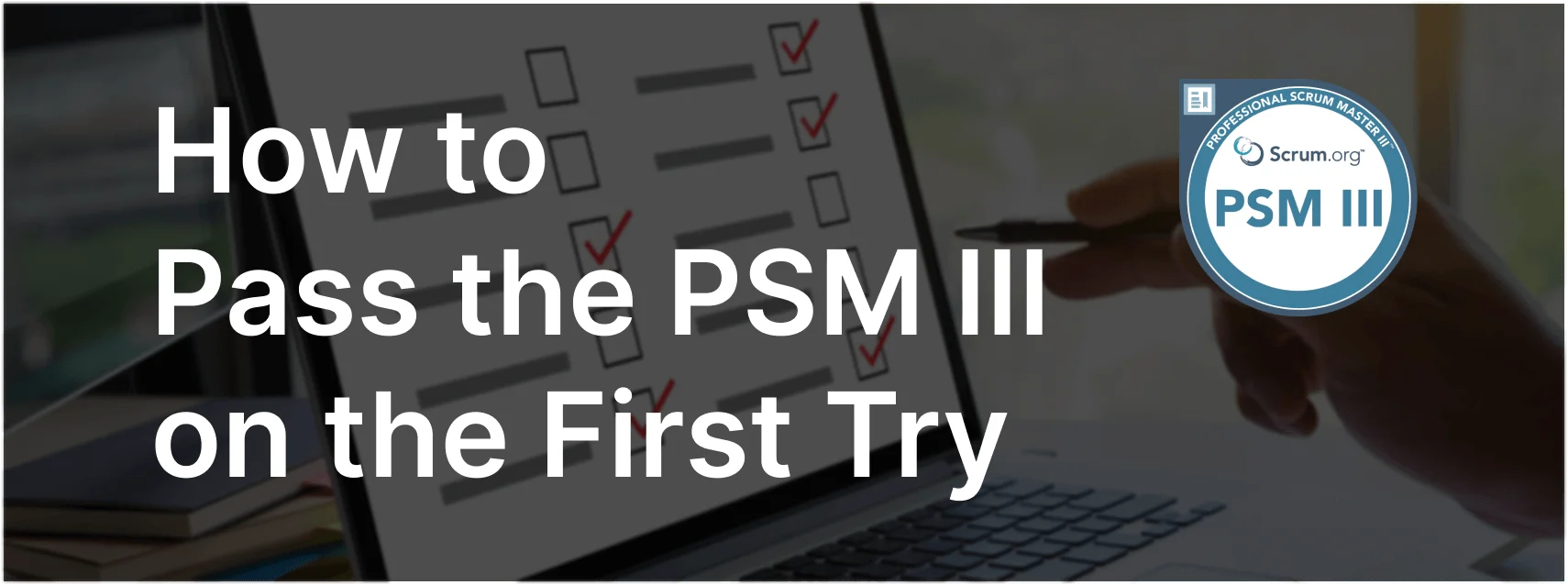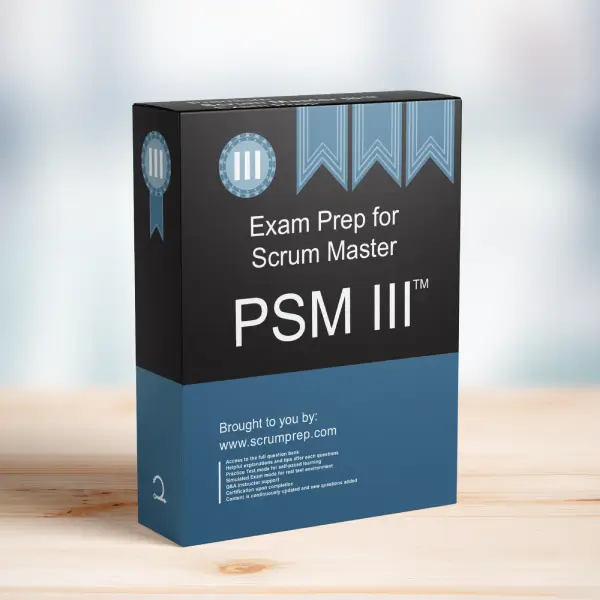Technical Debt and Its Stakeholders in Scrum
Technical debt is an important concept in software development that impacts the quality, maintainability, and overall success of a product. The statement “Technical debt is the sole concern of the Developers” implies that only Developers should worry about technical debt. However, in the context of Scrum, this is not entirely accurate.
Exam Question
“Technical debt is the sole concern of the Developers”. As a Scrum Master, do you agree with this statement? Why or why not?
Explanation
Why Technical Debt Is Not Solely a Developer Concern
- Shared Responsibility in Scrum:
Scrum Values: Scrum emphasizes collaboration and shared responsibility across the entire Scrum Team, which includes Developers, the Product Owner, and the Scrum Master. Technical debt affects not just the Developers but also the Product Owner’s ability to maximize product value and the Scrum Team’s ability to deliver high-quality Increments.
Example: If technical debt accumulates, it can slow down future development, increase maintenance costs, and introduce defects that reduce the product’s value. Therefore, it’s crucial for the entire Scrum Team, including the Product Owner, to be aware of and manage technical debt effectively. - Impact on Product Value:
Product Owner’s Role: The Product Owner is accountable for maximizing the value of the product, which includes understanding the implications of technical debt. If technical debt is ignored or underestimated, it can lead to reduced product quality and hinder the team’s ability to deliver valuable features.
Example: If the Product Owner is not informed about the technical debt and its potential risks, they might prioritize new features over necessary refactoring or improvements, which could lead to more significant issues down the line. - The Scrum Master’s Role:
Facilitating Transparency: The Scrum Master is responsible for promoting transparency, which includes ensuring that technical debt is visible and understood by the entire Scrum Team and relevant stakeholders. The Scrum Master also helps the team address technical debt by facilitating discussions during Sprint Planning, Retrospectives, and other Scrum events.
Example: The Scrum Master might encourage the team to include technical debt items in the Product Backlog, making them visible to the Product Owner for prioritization.
Why Technical Debt Should Concern the Entire Scrum Team
- Long-Term Product Health:
Sustainable Pace: Addressing technical debt is essential for maintaining a sustainable development pace. If technical debt is ignored, it can slow down development, increase the likelihood of bugs, and reduce the team’s ability to deliver high-quality Increments consistently.
Example: A Scrum Team that regularly addresses technical debt as part of their Sprint planning and execution can maintain a higher level of productivity and reduce the risk of future impediments. - Strategic Decision-Making:
Informed Decisions: The Product Owner needs to be informed about the state of technical debt to make strategic decisions about prioritization and resource allocation. Without this knowledge, the Product Owner might inadvertently make decisions that exacerbate technical debt, leading to more significant issues in the future.
Example: If the Product Owner is aware of technical debt, they might decide to prioritize refactoring or other technical debt-related tasks over new features in a Sprint to ensure long-term product stability.
Relevance to the PSM III Exam
Understanding the broader implications of technical debt and recognizing that it is a shared concern in Scrum is crucial for Scrum Masters aiming to facilitate effective Scrum practices. In the PSM III exam, demonstrating this understanding is essential for showcasing advanced Scrum mastery.
Key Takeaways
- Technical debt is not solely the concern of Developers; it affects the entire Scrum Team and the product’s long-term success.
- Product Owners need to be informed about technical debt to make strategic decisions that maximize product value.
- Scrum Masters play a critical role in promoting transparency and ensuring that technical debt is managed effectively by the entire Scrum Team.
Conclusion
Technical debt is a shared concern within the Scrum framework. While Developers are directly involved in managing and addressing technical debt, the Product Owner and Scrum Master also play vital roles in ensuring that technical debt is understood, prioritized, and addressed to maintain the product’s long-term health and value. For more insights into Scrum practices and to prepare for the PSM III exam, visit our Scrum Master PSM III™ Exam Prep.



